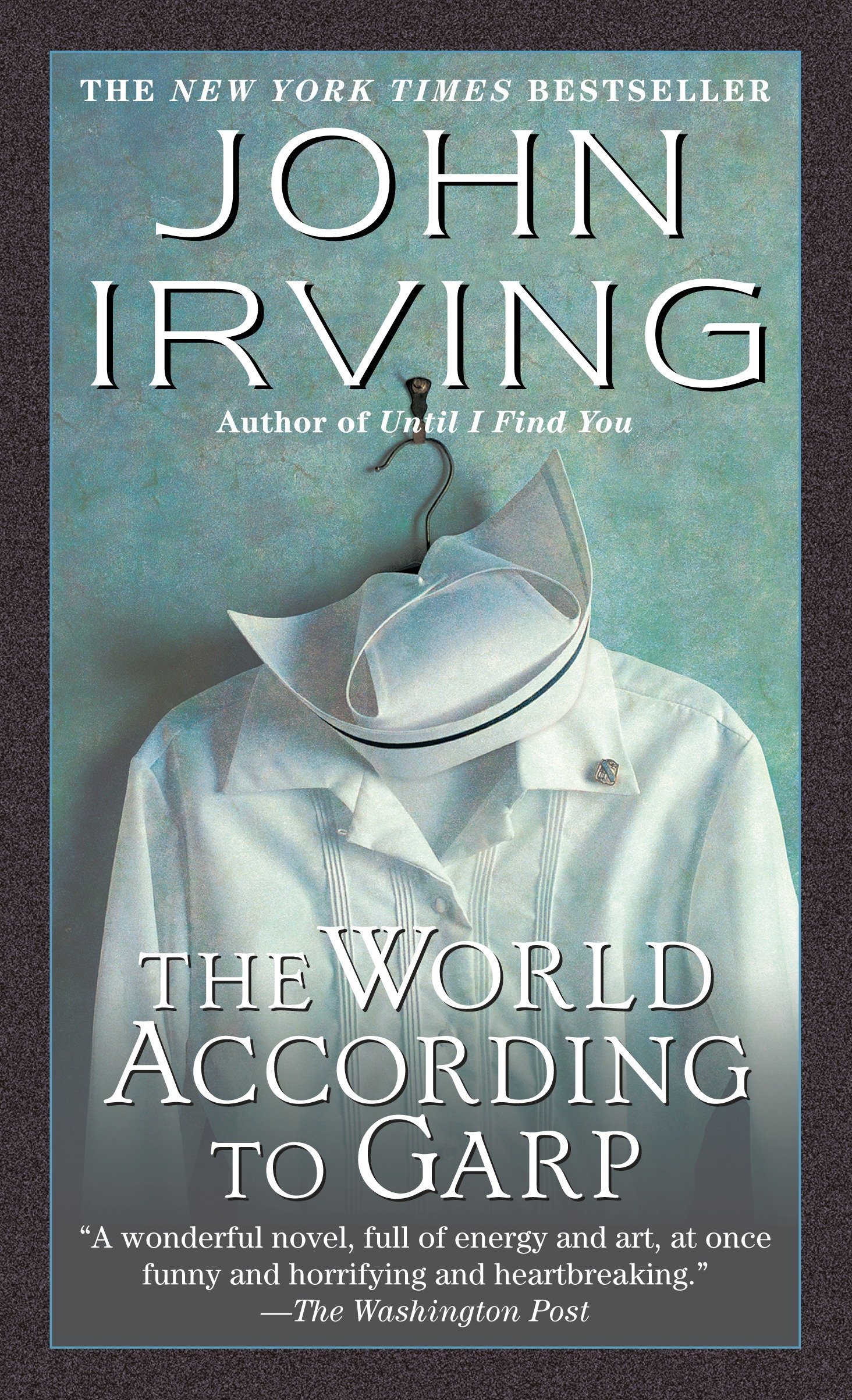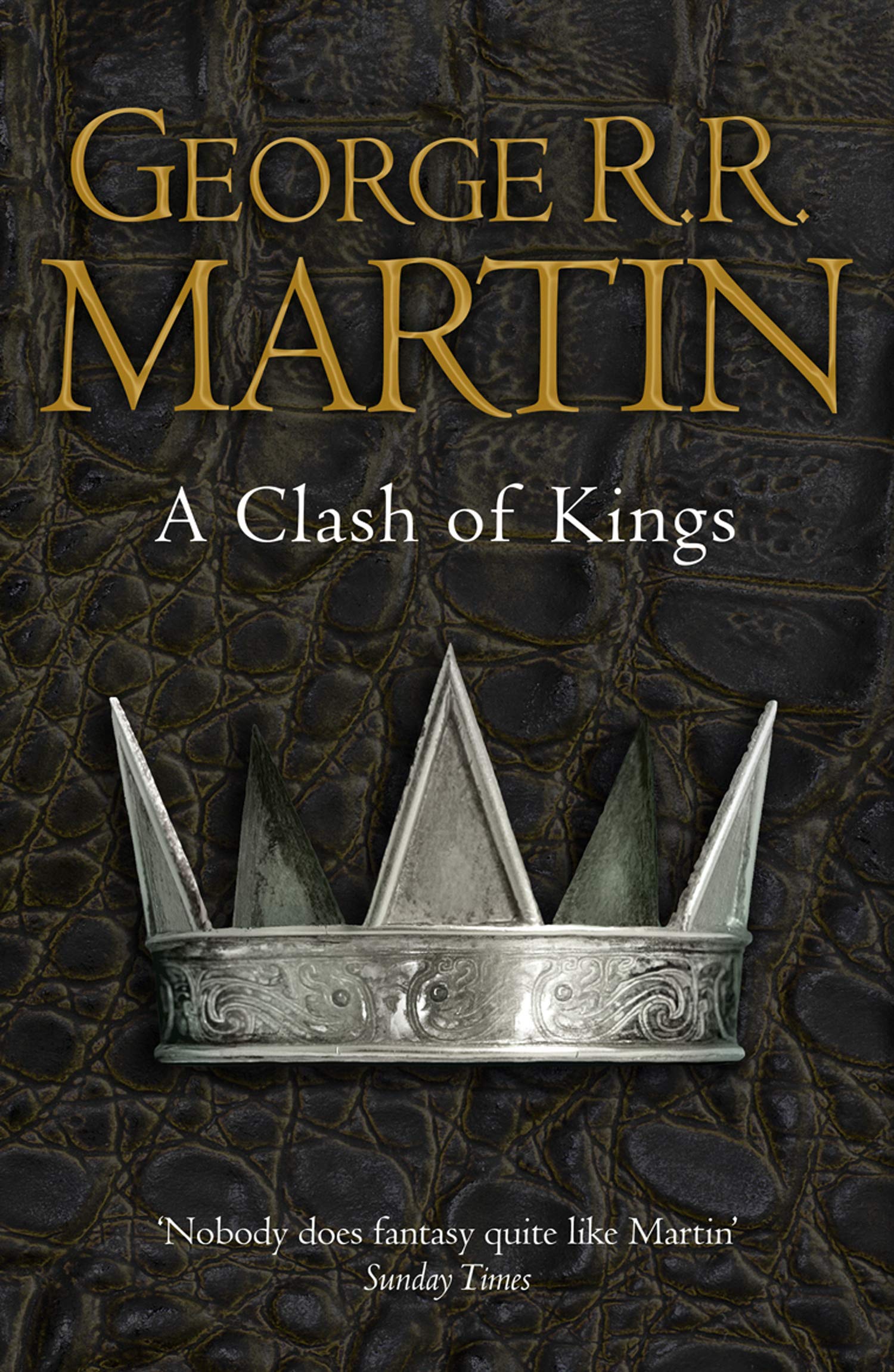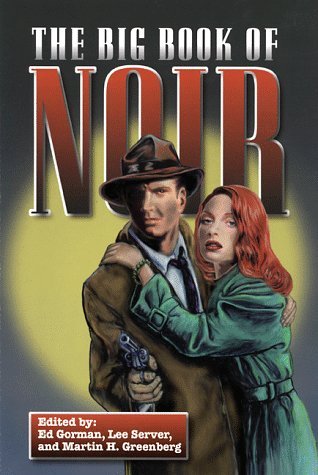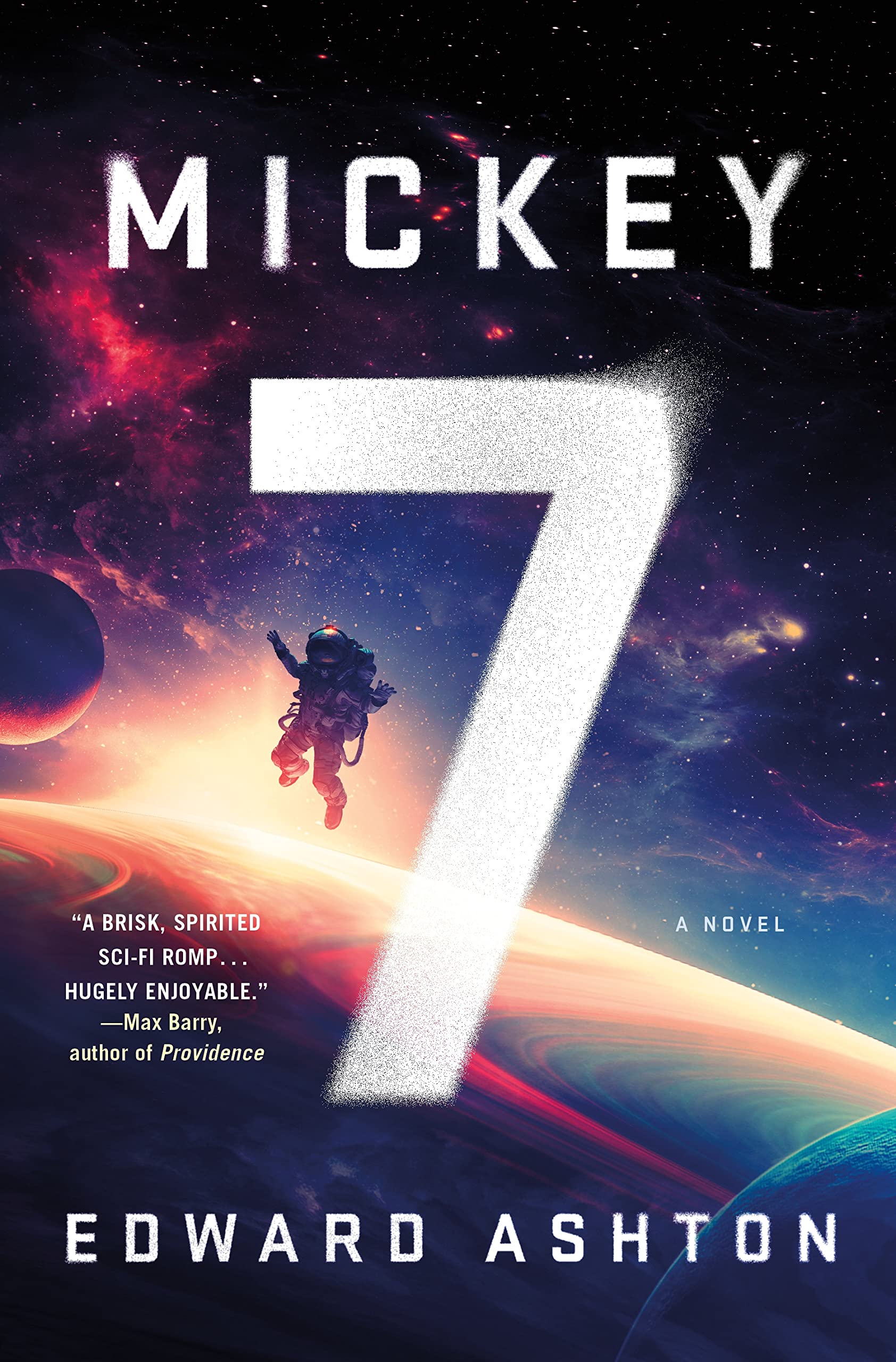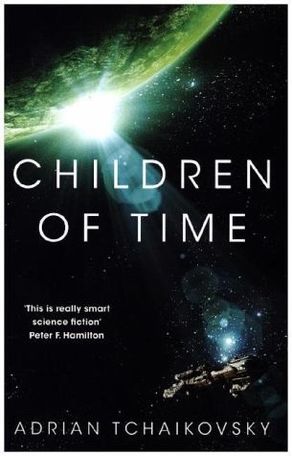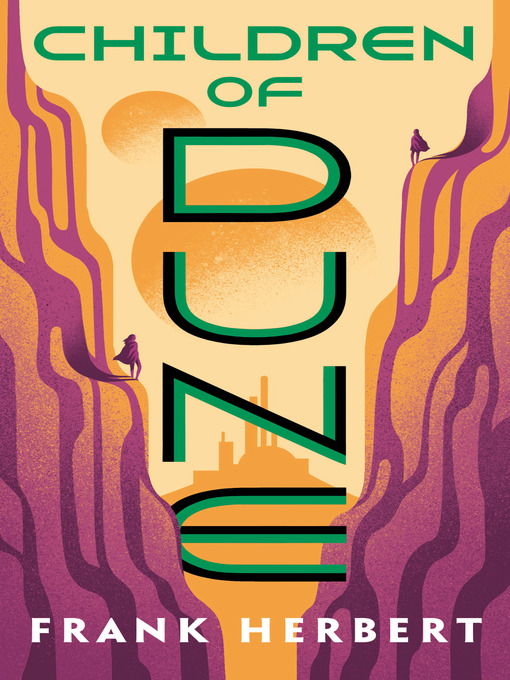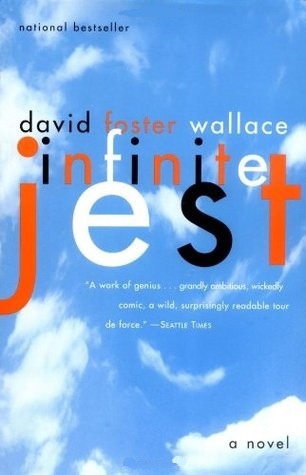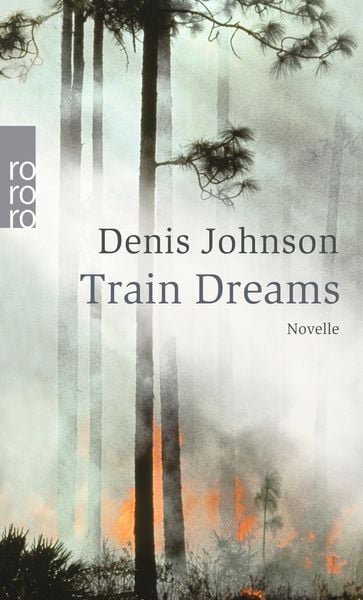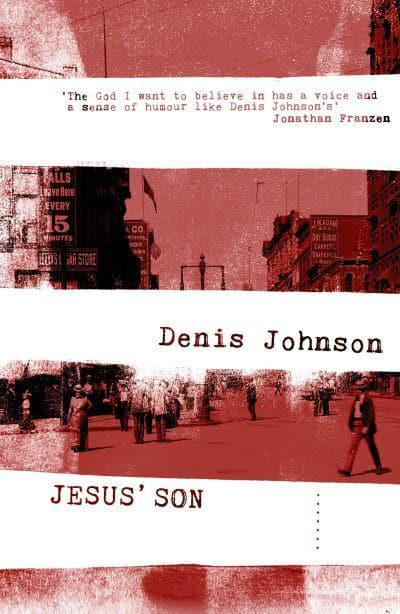- Messages
- 4,709
- Reaction score
- 2,512
- Trophy Points
- 148
This was a slow, casual re-read in the form of an audiobook. The narrator sounded like an AI and had the most stilted voice, but I tried not to let that mar the experience too much.
I initially read this 6 years ago and still agree with most of my qualms from back then. Here are my original scores for the individual stories though:
City - 3
Huddling Place - 4.5
Census - 3.5
Desertion - 4
Paradise - 3.5
Hobbies - 2.5
Aesop - 1
The Simple Way - 2.5
Epilog - 2
(I think these have changed a bit, but not by much. It's not fresh in my mind, so I'll leave them be.)
City has a great premise, but you do have to suspend your disbelief. It is a collection of stories that can stand alone but essentially function as a novel, having an overarching narrative/themes/characters that occur throughout. It progresses chronologically over a span of many generations, and I would liken it to something like Asimov's Foundation - although this is certainly not hard sci-fi and much more whimsical. The premise is simultaniously epic and quaint, Simak often being credited as the father of "pastoral" science fiction. It's small-town, soft and fluffy sci-fi, but taken to a grand scale. It's the fall of man, with the rise of dogs, ants, and remnants of robots left behind to aid the former.
All the stories are connected to each other and are divided by "notes on the text", where we have canine philosophers speculating on the story's origins and whether or not "man" as a species is more than a myth.
There are two main narrative problems I have with City: So much hinges on something called "The Juwain Philosophy", this moral plan that is supposed to carry mankind to the next age. I won't go into detail, as I'm keeping this relatively spoiler free (or at least vague), but the stakes of this fall apart both due to aspects that are dated, as well as by what can only be regarded as either incredible character incompetence or the author's own negligence. There is also a certain character who is practically made out to be the hero of the novel, and yet could easily be traced back as being single-handedly responsible for the destruction of mankind. Again, I put this down to an oversight of the author's.
My other issue is that, while the first half of the book is pretty solid, things meander a lot toward the back end, eventually becoming overly pensive and indulgent. Characters wandering around, speculating on life, the universe, everything... it's very tiresome and more than a little pretentious since the execution is verbose and repetitive. It's not often I say these things of a man like Simak, who I believe was a humble and modest man, and generally wrote some very short, tight stories that touched on profundities quite naturally. But there you have it. This, easily his most acclaimed work alongside Way Station, is not his best in my book.
However, I do think City has its moments and is worth reading. At the very least, I would recommend "Huddling Place" as a standalone short story.

